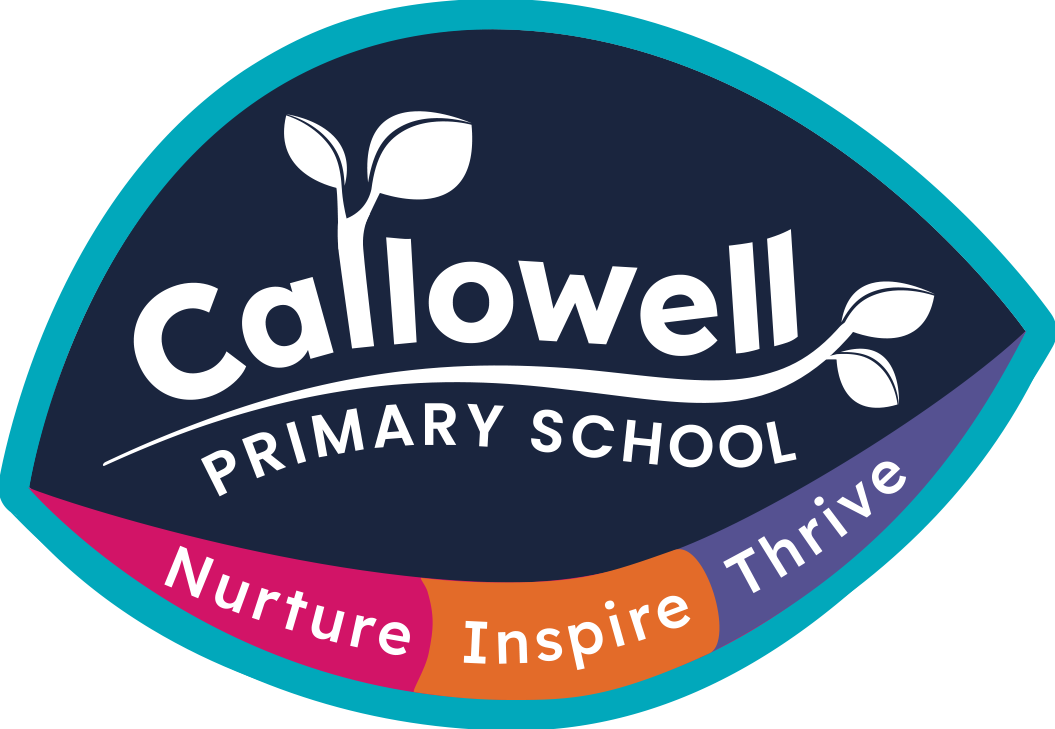Callowell Musicians
Our Aims:
Our Music curriculum is designed to inspire creativity, self-expression and encourage our children on their musical journeys, igniting a passion for music.
Our aims are to ensure all our pupils:
- perform, listen to, review and evaluate music across a range of historical periods, genres, styles and traditions, including the works of the great composers and musicians.
- learn to sing and to use their voices, to create and compose music on their own and with others, have the opportunity to learn a musical instrument, use technology appropriately and have the opportunity to progress to the next level of musical excellence.
- understand and explore how music is created, produced and communicated, including through the inter-related dimensions: pitch, duration, dynamics, tempo, timbre, texture, structure and appropriate musical notations.
What does Music look like at Callowell?
Our curriculum is designed around our school community, we use this driver to propel the curriculum offer to ensure the Callowell community are at the centre. Our Music curriculum is based on the aims and principles of the National Curriculum, supported by Charanga. We ensure that learning is progressive and inclusive with a focus on teaching high-quality vocabulary to improve subject specific oracy, as well as providing children with the opportunity to learn about and be inspired by musicians.
In the Early Years Foundation Stage, children engage with Music through the Early Learning Goals 'Expressive Arts and Design' and 'Communication and Language'. Within these Early Learning Goals, children explore, learn and perform a range of well-known nursery rhymes, as well as having the opportunity to move in time with music.
In Key Stage One and Key Stage Two, children learn to sing and play instruments, alongside developing an understanding of pulse, rhythm and notation.
At Callowell, we have a range of established links within our local community that we draw upon to enhance learning. To ensure children are provided with a broad cultural development we also provide them with opportunities to extend their learning beyond our local community. Learning experiences include: trips, workshops, expert visitors, assemblies, performances, peripatetic and Irock music lessons and music celebration events.
How do we assess Music?
Our Music curriculum is designed progressively to ensure that children build on previous knowledge and skills learnt and form connections between the concepts. We use regular retrieval practice sessions within class to further support this.
By the end of each key stage, children are expected to know, apply and understand the matters, skills and processes studied within the Early Years Foundation Stage Framework and National Curriculum programmes of study. Class teachers use formative assessment in all lessons to identify children's understanding of the Music concepts and key knowledge taught, alongside Evidence Me and Insight. This allows us to track the attainment and progress of children throughout their school journey.

